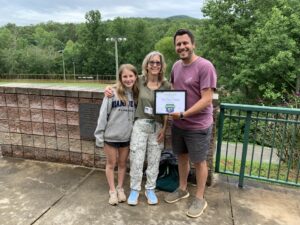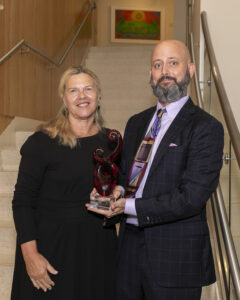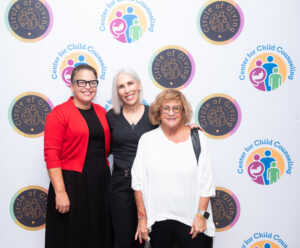Tips for Parents and Caregivers

By Cherie Benjoseph, LCSW and Renée Layman, LMHC
Sexual abuse can be a sensitive and difficult topic for us as caregivers to talk with our children about. For adults it can bring up our greatest fears, and in many cases trigger our own memories. But we do not have to feel powerless, we can take many steps that will help strengthen us as adults, not just our children, to lessen the risk of our children being victimized by Child Sexual Abuse (CSA). Starting these steps early (although it is never too late to start!) and using developmentally appropriate language and strategies can empower and protect families.
In this blog, we'll provide some starting points on your journey to making your family KidSafe smart. We will explore appropriate ways for speaking to children about sexual abuse, focusing on key principles and strategies supported by experts in child psychology and sexual abuse prevention.
- Trusted Adults Need to Get Educated First: What is it exactly that I am trying to prevent? What are the chances this could happen to my child? I am a survivor, is this impacting how I parent?
- Start Early and Keep it Age Appropriate: Research shows that initiating discussions about personal safety from an early age can help children develop a positive understanding of body safety and boundaries. The words we choose are important. When we are speaking to children we do not use the words child sexual abuse at all. In fact, we teach all of body autonomy, consent and personal safety from a place of fun, not fear. It's essential to tailor conversations to the child's age and cognitive abilities, using language and concepts they can comprehend. For younger children, discussions may focus on basic body safety rules, while older children can engage in more detailed conversations about consent and healthy relationships.
- Personal safety is Part of Everyday Parenting: Just like you teach car safety, kitchen safety, pool safety, personal safety comes up in our natural parenting. Regularly reinforce important messages about body safety, boundaries, and the importance of speaking up if something feels wrong. Much of the learning opportunities occur between siblings and other family members. This is an excellent opportunity for children to practice using their voice to say “no”, or “I want to stop”, to a touch (tickling, a hug, roughhousing). Children who learn to speak up, and have the support of their grown-ups when they do, feel valued. This is how we build skills of resilience.
- Promote Healthy Sexuality: In addition to discussing boundaries and safety, it's important to promote healthy attitudes towards sexuality. Teach children to respect their bodies and the bodies of others, emphasizing the value of consent, empathy, and communication in relationships. By fostering a positive and open attitude towards sexuality, children are better equipped to recognize and reject harmful behavior. Many adults were raised to feel shame about our bodies, how it functions and that it is not okay to ask questions. We need to change this attitude as we raise children today. No shame.
- Teach Correct Names for Body Parts: This is a simple yet very powerful step to take to strengthen the safety of your child. Using anatomically correct names for body parts helps reduce confusion and empowers children to communicate clearly about their bodies. Predators are looking for kids who do not have an open and trusting relationship with their caregivers. Children who are comfortable with using the proper names for their body parts, and can comfortably go to their parent and say, I have a rash on my vulva, in the same tone as they would say I have a rash on my arm, are empowered. They are being raised with respect for their bodies, which leads to a strong sense of body autonomy. This knowledge also reinforces that certain body parts are private and should not be touched by others. If a child says, “Don’t touch my chest.” (or any other private part), it puts the offender on alert that this is an educated child and is not going to be an easy target.
- Establish Touching Boundaries and Privacy Rules: Help children understand that they have the right to set boundaries around physical touch and personal space. Encourage them to assertively say "no" to unwanted touch and respect others' boundaries as well. Establish clear privacy rules in the home and reinforce the importance of respecting privacy both at home and in public settings. Have fun practicing these skills in your home. Each families rules and understanding of when to establish privacy for children will be different. Listen to your children, they will often indicate when they are ready for more privacy. Respecting their boundaries is key.
- Address Perpetrator Tactics: Educate children about common tactics used by perpetrators to keep them silent, such as secrets, tricks, and threats. Encourage children to trust their instincts and speak up if someone makes them feel uncomfortable, especially if they've been told to keep it a secret.
- Educate Beyond "Stranger Danger": Teaching a child stranger danger does not teach them any safety skills. The reality is they need to learn about people’s behavior. Sometimes we refer to these people as tricky people. These are difficult concepts for children to understand. The bottom line is that we must create an environment that your children can talk to you about anything that makes them confused, worried, or afraid. And we need to be ready to listen and take appropriate steps. Research shows that approximately 90% of sexual abuse cases involve perpetrators known to the child, such as family members, friends, or caregivers. Emphasize the importance of speaking up to a trusted adult about anything that is bothering them, no matter who it is that is making them uncomfortable.
- Address Vulnerable Situations: Discuss potential vulnerable situations with children, including online interactions, social media, and peer pressure scenarios. Teach children how to recognize and respond to unsafe situations both online and offline, emphasizing the importance of seeking help from a trusted adult if they feel at risk. Play the What if? Game. (Does your school have the Stay KidSafe program?).
- Give Permission to Tell: Above all, empower children to speak up and seek help if they experience or witness someone hurting someone or inappropriate behavior. Let them know that they will not get in trouble for disclosing information and that they have the right to protect their bodies and seek support from trusted adults.
Having open and honest conversations about sexual abuse is essential for empowering children to recognize and respond to unsafe situations. By starting early, using developmentally appropriate language, and reinforcing key messages, parents and caregivers can help children develop the knowledge and skills they need to stay safe and advocate for themselves.
It's crucial to create a supportive environment where children feel comfortable asking questions, expressing concerns, and seeking help when needed. With education, communication, and support, we can work towards preventing sexual abuse and promoting the well-being of all children.
Resources
- Ways to Talk to Children about Sexual Abuse Tip Sheet
- Ways to Talk to Children about Sexual Abuse Video
- Preventing Child Sexual Abuse: A Guide for Parents and Caregivers Free Online Workshop
- Education for Professionals Who Work with Children: beKidSafe.org
- Information about CFCC's KidSafe Programming
- Visit our beKidSafe Shop
Receive beKidSafe information and resources in your inbox.
By submitting this form, you are consenting to receive emails from: Center for Child Counseling, 8895 N. Military Trail, Palm Beach Gardens, FL, 33410. You can revoke your consent to receive emails at any time by using the SafeUnsubscribe® link, found at the bottom of every email.
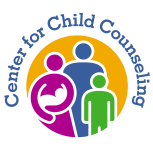
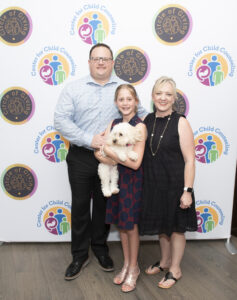
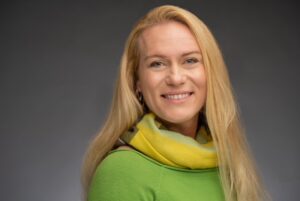
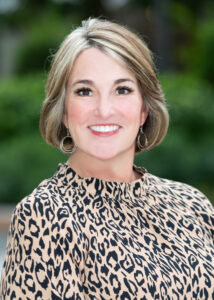


 foundation of our work with children. Our staff have ongoing training in Play Therapy and we are credentialed through the
foundation of our work with children. Our staff have ongoing training in Play Therapy and we are credentialed through the 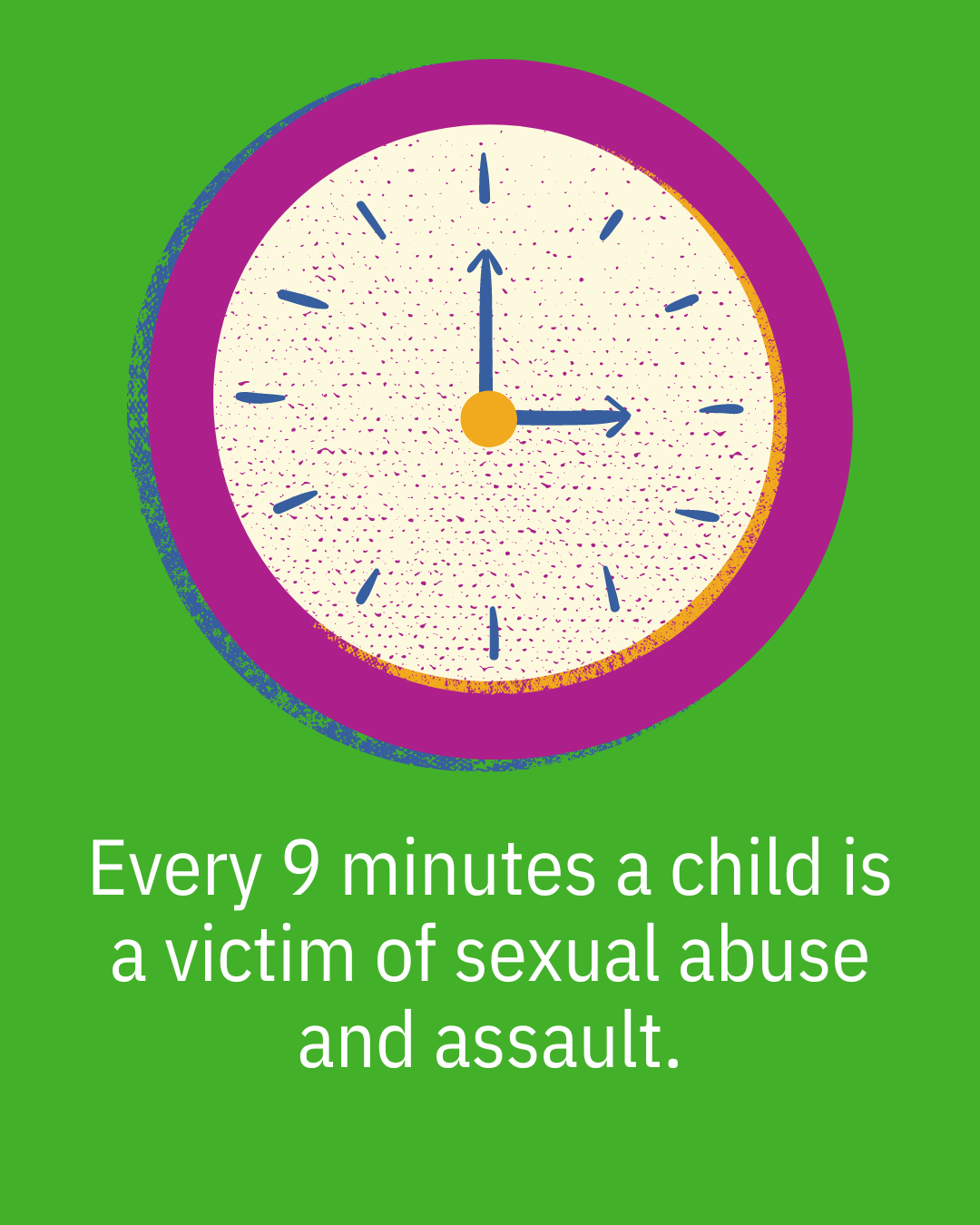
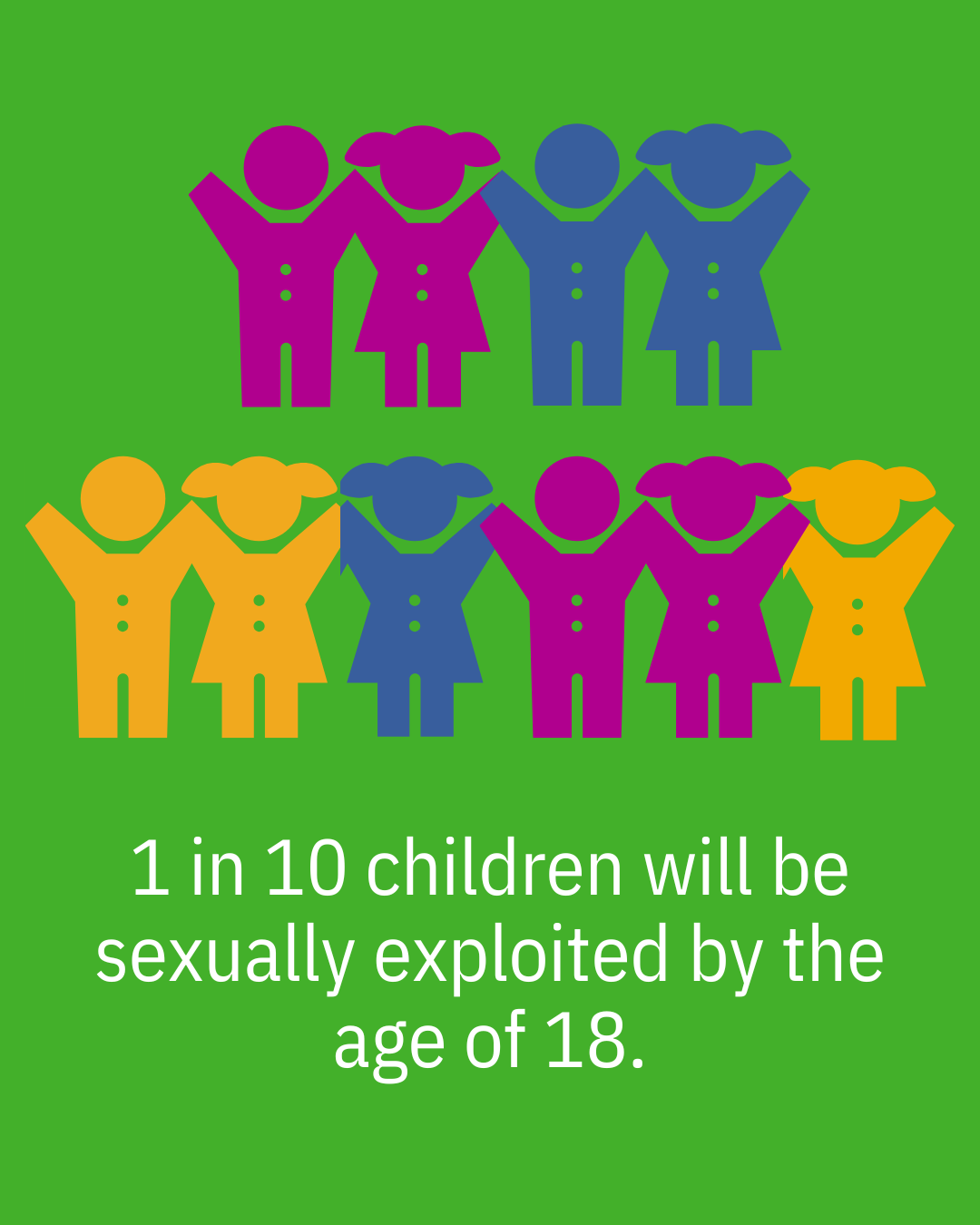

 Such an approach includes creating a system of awareness, education, prevention, support, and treatment in communities. Like the public health approach model used for wearing seat belts to prevent injury and death, we must change the societal behavior and norms around sexual abuse in order to alter society for the better. The long-term health and safety benefits of increasing trauma-aware adults has a direct correlation to decreasing all types of child abuse–sexual along with physical, emotional, and neglect. In turn, this can lead to higher educational achievement, less involvement with the criminal justice system, and better physical health and social outcomes overall.
Such an approach includes creating a system of awareness, education, prevention, support, and treatment in communities. Like the public health approach model used for wearing seat belts to prevent injury and death, we must change the societal behavior and norms around sexual abuse in order to alter society for the better. The long-term health and safety benefits of increasing trauma-aware adults has a direct correlation to decreasing all types of child abuse–sexual along with physical, emotional, and neglect. In turn, this can lead to higher educational achievement, less involvement with the criminal justice system, and better physical health and social outcomes overall. As the CEO of
As the CEO of 